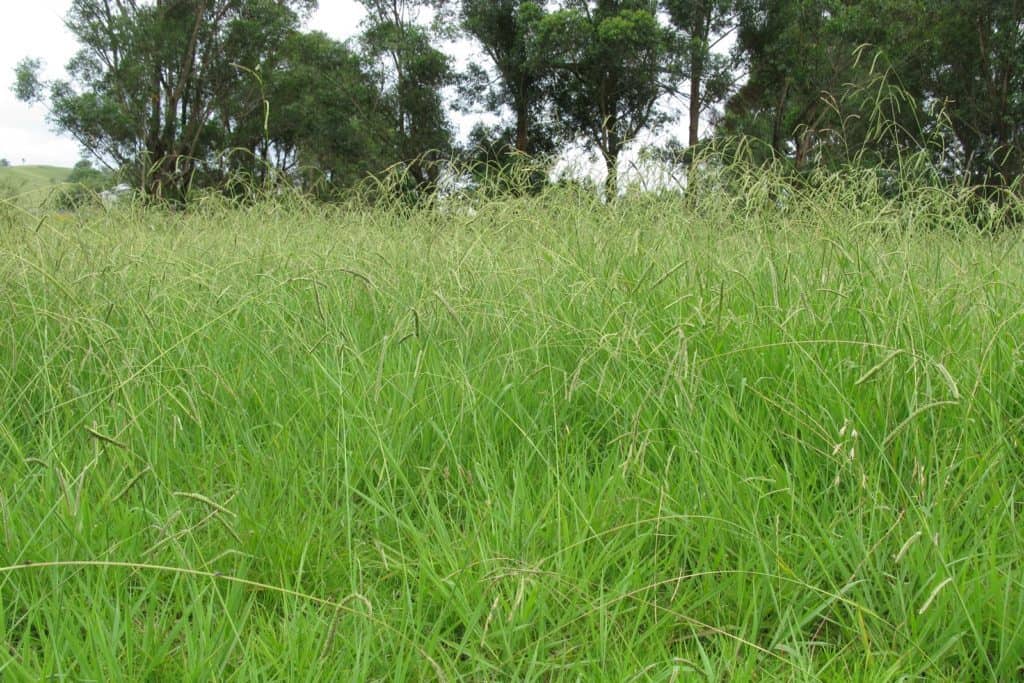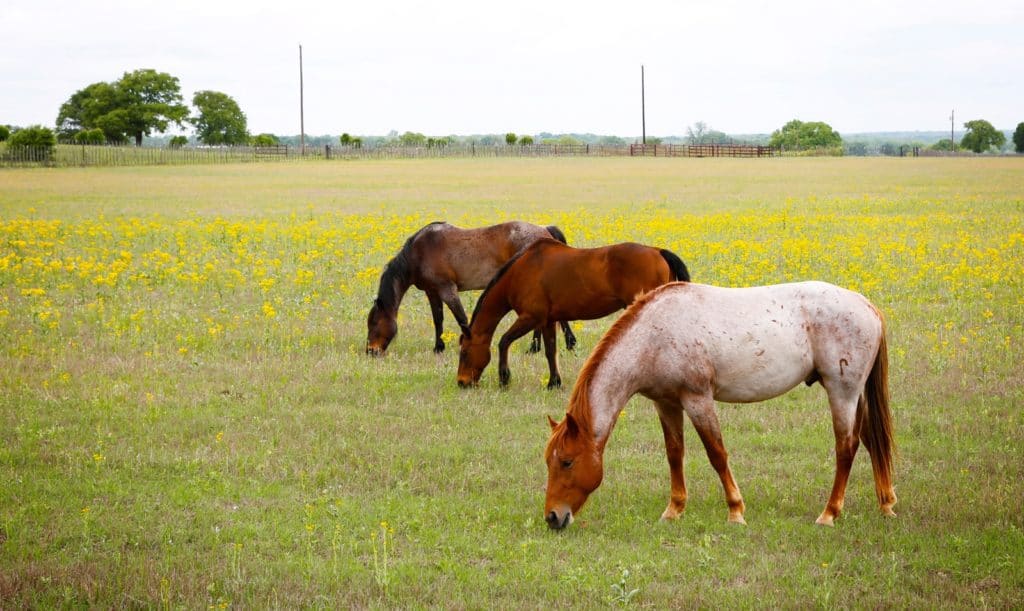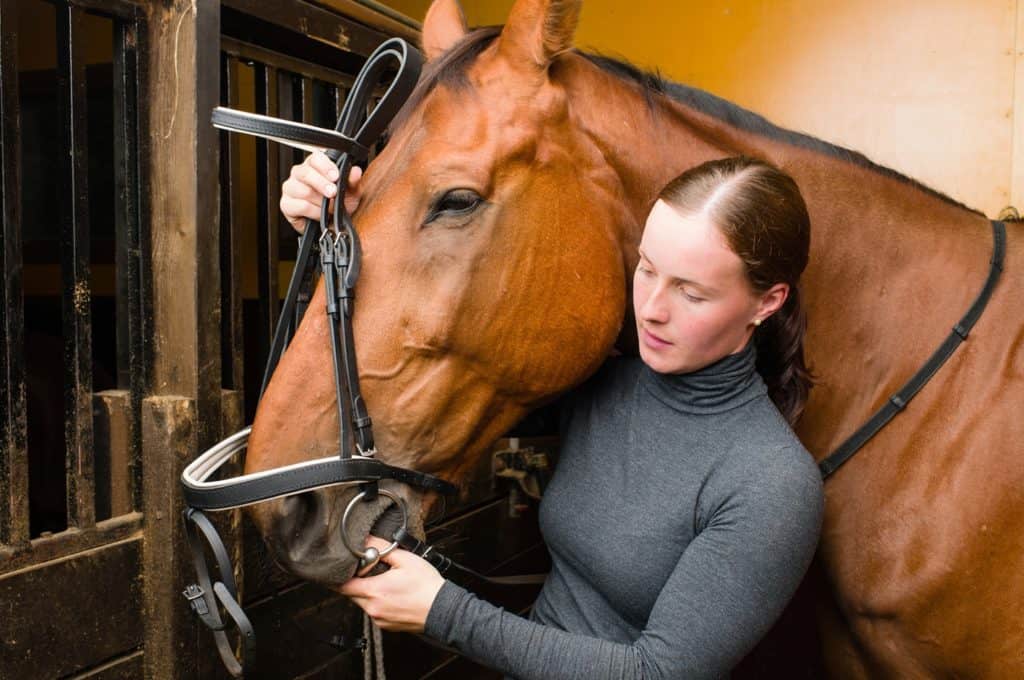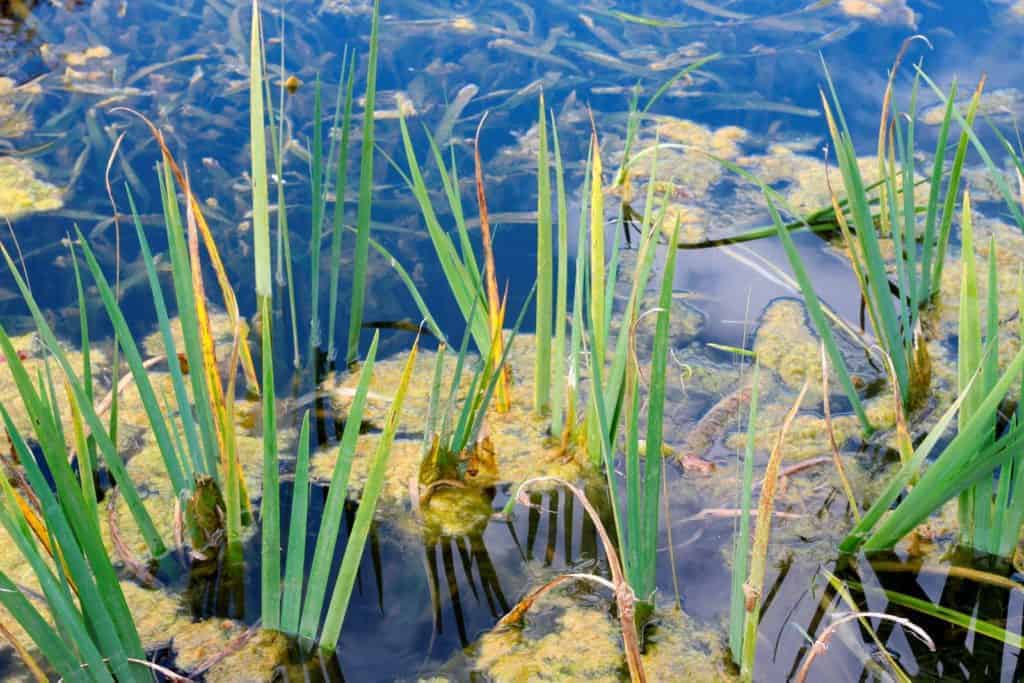
Sunday’s Top Tweets from the 2016 AAEP Convention
Tweets from the Kester News Hour and other sessions on dental care, soft tissue injuries, saddle fit, and more.

Tweets from the Kester News Hour and other sessions on dental care, soft tissue injuries, saddle fit, and more.

The team is looking at dental problems in old horses, changes owners make to feeding regimens, and more.

Scientists believe a batch of hay containing dallisgrass caused neurologic problems in horses residing in Bell County.

While some lumps and bumps are typically of little consequence, others can pose serious problems. Learn more.

Several new studies were published as a free special collection in the Equine Veterinary Journal this month.

Researchers believe the Malva parviflora weed was behind the deaths of four Australian horses.

Three equine professionals offer tips for preparing your animals, facilities, and yourself for the deep freeze ahead.
The researchers are nearly ready to start analyzing data, but the surveys will remain online for a few more weeks.

How often does an older riding horse need his teeth checked by a vet? Dr. Erin Denney-Jones offers advice.

Ensure your pastures are clear of plants that can be toxic to horses.

Use these 10 veterinarian-approved tips for keeping your horse healthy and comfortable as winter approaches.

My horse is “reverse bridle shy.” What can I do to help this habit?

Many elements must remain within a normal range for a horse’s mouth to stay healthy.

An extract from blue-green algae—a potentially toxic substance—could help arthritic horses without poisoning them.

Assess your horse’s body condition regularly so you can adjust his diet accordingly and identify potential problems.
Researchers identified a plausible link between equine atypical myopathy and sycamore maple seed ingestion.
Stay on top of the most recent Horse Health news with
"*" indicates required fields